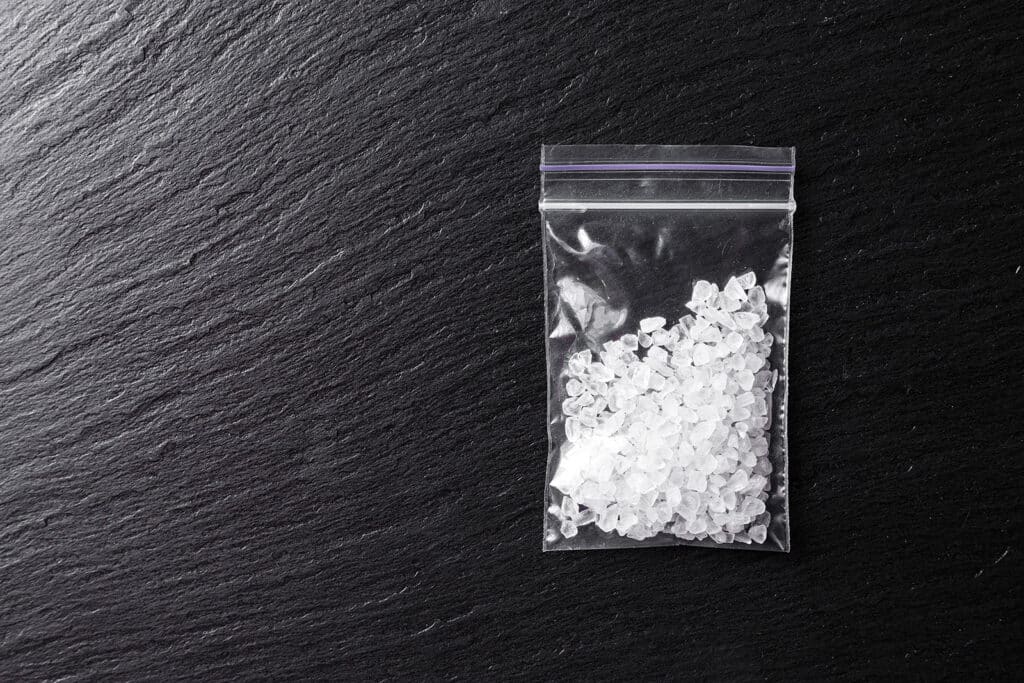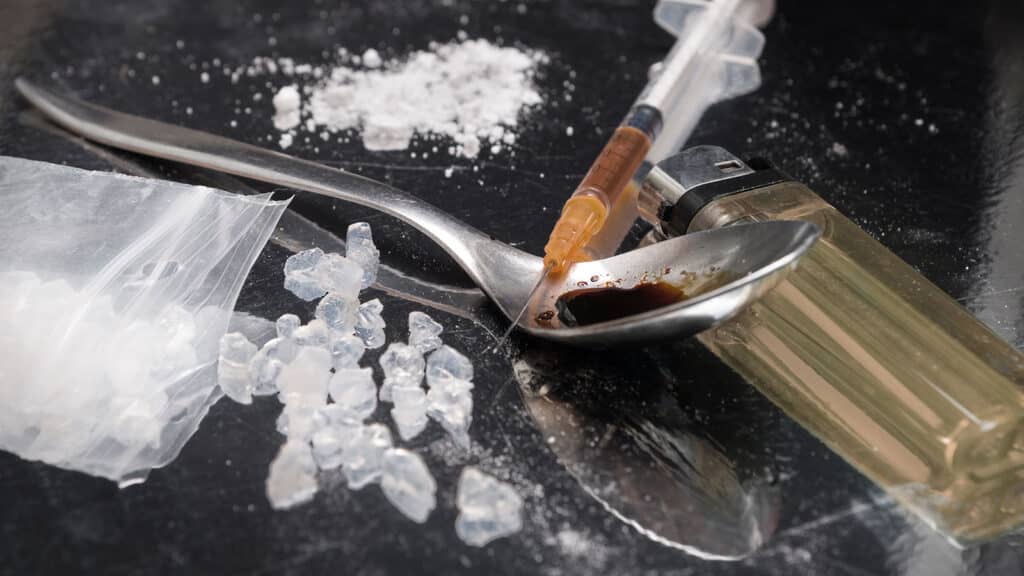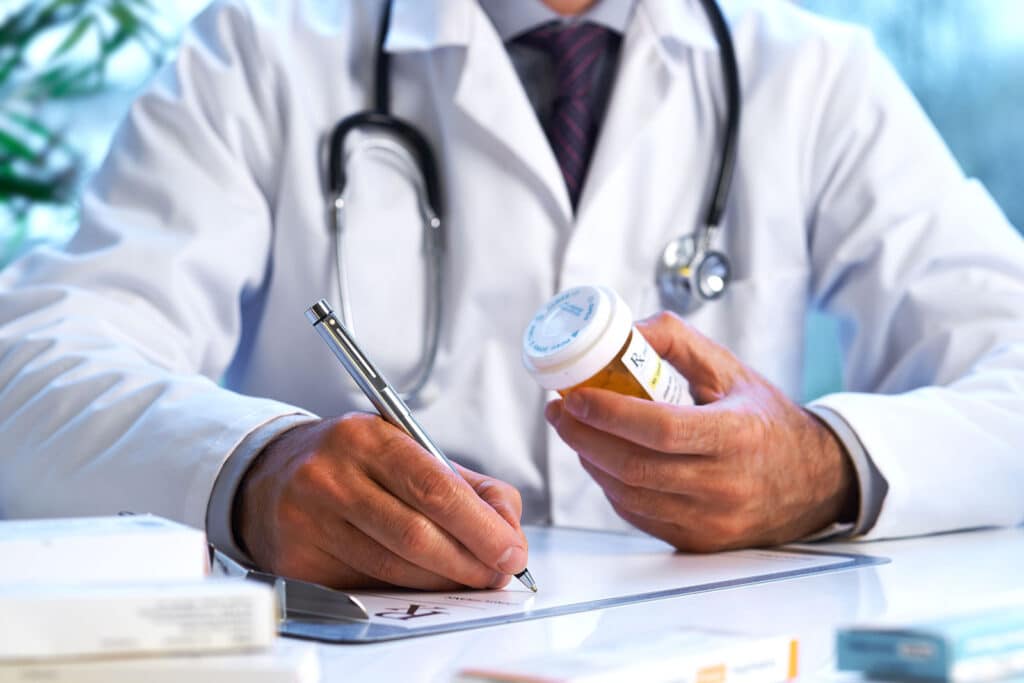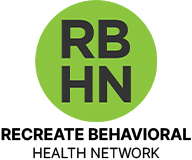New Jersey has recently experienced a sharp increase in meth-related deaths over the past few years. From 2015 to 2019, the methamphetamine death rate rose by 733%. While the majority of people losing their lives to this drug fall within the range of 31 to 50, the sad truth is that addiction can strike at any age.
On top of losing valued family members and friends, meth use also brings crime into communities. It leaves people reeling from the negative effects of addiction on their relationships, financial security and physical health. Although the consequences of meth use are dramatic, there is a bright side. When communities provide people with the help they need to overcome their meth addiction, they can go on to live vibrant lives that include giving others hope that they can live a drug-free lifestyle.
Understanding Meth Addiction
People who use methamphetamine typically don’t start out thinking they’ll develop an addiction. Instead, people tend to experiment with the drug to feel its effects, which leads to them developing a physical and mental dependency that makes it hard to quit. Taking a look at what methamphetamine is and how it affects the body gives you insight into why interventions are important for helping people reclaim their health.

What Is Methamphetamine?
Methamphetamine is a powerful stimulant that impacts the central nervous system in your body. The substance was first developed in the early part of the 20th century for use in nasal decongestants and other respiratory medications. While it has many things in common with its parent drug amphetamine, meth has longer-lasting effects that can lead to widespread misuse.
Now, methamphetamine is classified as a Schedule II prescription drug that is rarely used for medical conditions such as ADHD that don’t respond to other forms of medication. However, for the vast majority of the population, possession and use of this drug is illegal. Using this drug outside of the defined medical purposes is also associated with dependencies that call for meth addiction treatment.
How Prevalent Is Meth Addiction In New Jersey?
People often hear about the opioid crisis in New Jersey, but meth addiction is also taking a heavy toll on communities throughout the state. Recently, 0.15% of youth reported using meth compared to 0.17% of the general young people in the US population.
Sadly, many of these teens and young adults will go on to develop an addiction, and New Jersey saw meth being the primary cause for 1% of all substance abuse treatment admissions in 2021.
While Atlantic County currently reports the highest level of methamphetamine addictions, it’s important to note that the entire state is struggling with the consequences of people misusing the drug. Expanding awareness of the treatment options that exist throughout the state helps everyone to benefit from living in drug-free communities.
What Are the Signs and Symptoms of Meth Addiction?
Methamphetamines are best known for giving people a strong sense of euphoria combined with a burst of energy. However, the temporary energy boost comes with a high cost. The physical signs of addiction include developing an increased heart rate, experiencing insomnia and having a lack of appetite. Over time, meth can damage your teeth and gums and lead to visible signs of damage in your smile.
People who use meth may also experience psychological and behavioral symptoms of having a dependency that includes the following:
- developing intense cravings for meth
- having poor hygiene
- demonstrating poor judgment
- experiencing dramatic mood swings
- dealing with paranoia or psychosis
- lashing out at loved ones
- struggling with poor memory and decision-making abilities
Recognizing the Need for Treatment
In 2022, the death rate for overdoses from psychostimulants in the United States rose to 34,022. The majority of these cases involved methamphetamine use combined with opioids. Since many people have coexisting addictions, it’s critical to provide treatment as early as possible to prevent unnecessary loss of lives.

What Are the Consequences of Untreated Meth Addiction?
Experiencing an overdose may be one of the most devastating consequences of having a substance use disorder, but there are additional challenges people face when they use methamphetamines.
When you use an illegal substance, you’re at risk of experiencing criminal charges for possession or distribution. Facing jail time and stiff fines can leave you struggling to recover financially. Additionally, you could face health or career challenges that impact your financial standing and professional reputation.
People with substance use disorders also tend to struggle with strained relationships. Trying to hide your meth use may cause you to lie to your loved ones. It’s also common for family members to experience stress and anxiety over their loved one’s health. This is why an effective treatment program often involves family therapy that helps to strengthen strained relationships.
Why Is Early Intervention Important?
Getting someone into a treatment program as early as possible provides the best opportunity for a safe and full recovery. If someone you love uses methamphetamine, then they’ll naturally experience fewer consequences the sooner they stop. For instance, you or your loved one might be able to avoid falling into financial distress if you quit using meth after the first time you tried the drug.
Keep in mind, however, that there are barriers to seeking treatment. Someone who isn’t sure where to get help might delay seeking care. Many people also stay in denial for a period of time. Being able to recognize the signs of a meth addiction helps to overcome this challenge so that you or your loved one can receive the appropriate form of healthcare to meet your needs for sober living.
Exploring the Types of Meth Addiction Treatment
When you or someone you care about struggle with meth addiction, it helps to know that there are multiple treatment options from which you can choose to fit your needs. Since people use meth for different reasons and have unique factors that influence their recovery, healthcare programs provide several levels of care that are important to know about.
Detoxification
The detox process tends to be a time when people need around-the-clock care. With meth, you might experience intense cravings during the first few days after quitting the drug. You may also experience mood changes, insomnia and other symptoms that are easier to manage with the help of a professional care team.
Inpatient Rehabilitation
With inpatient treatment, you can stay at the facility while you work on getting stronger in sobriety. Staying in a residential facility may be ideal if you anticipate having strong withdrawal symptoms or if you need more supervision to assist you with your recovery. In inpatient care, you can receive nutritional support, intensive therapy and other services that help you to feel stronger before you live independently.
Outpatient Rehabilitation
For some people, inpatient care might not be the most convenient or necessary option. You might choose outpatient rehabilitation services if you already have a strong support system at home or need to manage other responsibilities. With outpatient care, you’ll visit the facility frequently for therapeutic services that help you stay on track with your recovery. Many people combine both options to receive longer care at their preferred treatment center.
Therapeutic Approaches
An effective meth addiction treatment program should utilize multiple research-backed therapeutic approaches to help everyone meet their goals for sobriety such as the following:
- Cognitive behavioral therapy (CBT) – This form of therapy focuses on helping people identify how their thoughts and beliefs influence their behavior. Using talk therapy, you’ll work through the process of overcoming negative thought patterns to develop a stronger sense of self that helps you stay sober.
- Contingency management – This therapeutic approach is based upon the goal of making sobriety a rewarding endeavor. In a treatment center, your care team may offer rewards such as praise or tangible experiences when you make healthy choices. Reinforcing the gains you make helps prime your brain to make better decisions throughout each step of your recovery.
- Group therapy and support groups – Addiction is an isolating condition, and it’s common to feel as though there is no one to turn to when life gets hard. Support groups help you find people who understand what you are going through, and you’ll also learn from others who are going through a similar journey.

Medication-Assisted Treatment (MAT)
When you struggle with a serious substance use disorder, it’s helpful to hear that there are medications available that ease withdrawal symptoms and help you overcome triggers. For methamphetamine addiction treatment, you may need medications to help you sleep, feel hungry and regulate your mood. Many people also use medications to manage coexisting mental health conditions that influence their substance use.
Finding the Right Treatment Center
Once you can see the difficulties that using meth brings to you or a loved one’s life, your next step is to seek help. Finding the right treatment center involves taking a look at what various ones have to offer to find what works best for you.
What Factors Should You Consider?
During your early recovery, you’ll spend large amounts of time in a treatment center. You’ll want to first make sure that the center you choose is licensed and accredited and staffed with credentialed employees.
You can also check into the types of therapies they offer. Finding a program that offers residential care in addition to teletherapy helps you combine both options to extend your support during recovery. You’ll also want to ensure that the therapists you work with are licensed and capable of using research-based addiction treatment strategies. Feeling confident in the staff enables you to benefit from their experience and expertise as you build new coping skills for your recovery.
Building Support Systems and Accessing Resources
If addiction has left you feeling alone, you can rest assured that there are many resources available to help you. In New Jersey, you can always find resources for addiction care through the state’s ReachNJ helpline. There, you can speak with a live staff member trained to help people identify their treatment needs and connect with helpful resources.
High-quality treatment centers are also located throughout New Jersey. Garden State Detox is among the most effective treatment centers in the area, and the treatment programs here offer detox, inpatient care and teletherapy for a well-rounded approach to therapeutic care that helps you move through each stage of your recovery.
While taking the first step might feel hard at first, you’ll find that each move you make toward sobriety gets easier. You also don’t have to do it alone. Connecting with an experienced addiction support person today can help you start living the life you’ve always known you can find in sobriety.

Begin Your Recovery From Meth Addiction With Professional Support
Living with an addiction makes it hard to meet your goals, but you don’t have to live this way any longer. Reach out to Garden State Detox today to learn more about our treatment programs and how we can help you or your loved one overcome your meth addiction. Together, we can develop a plan that helps you begin living the life that you deserve in recovery.


